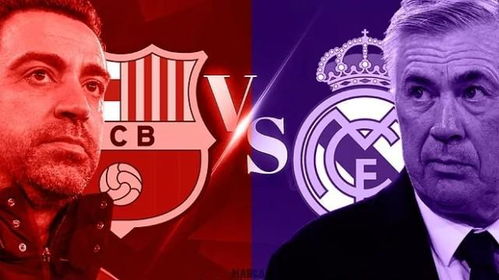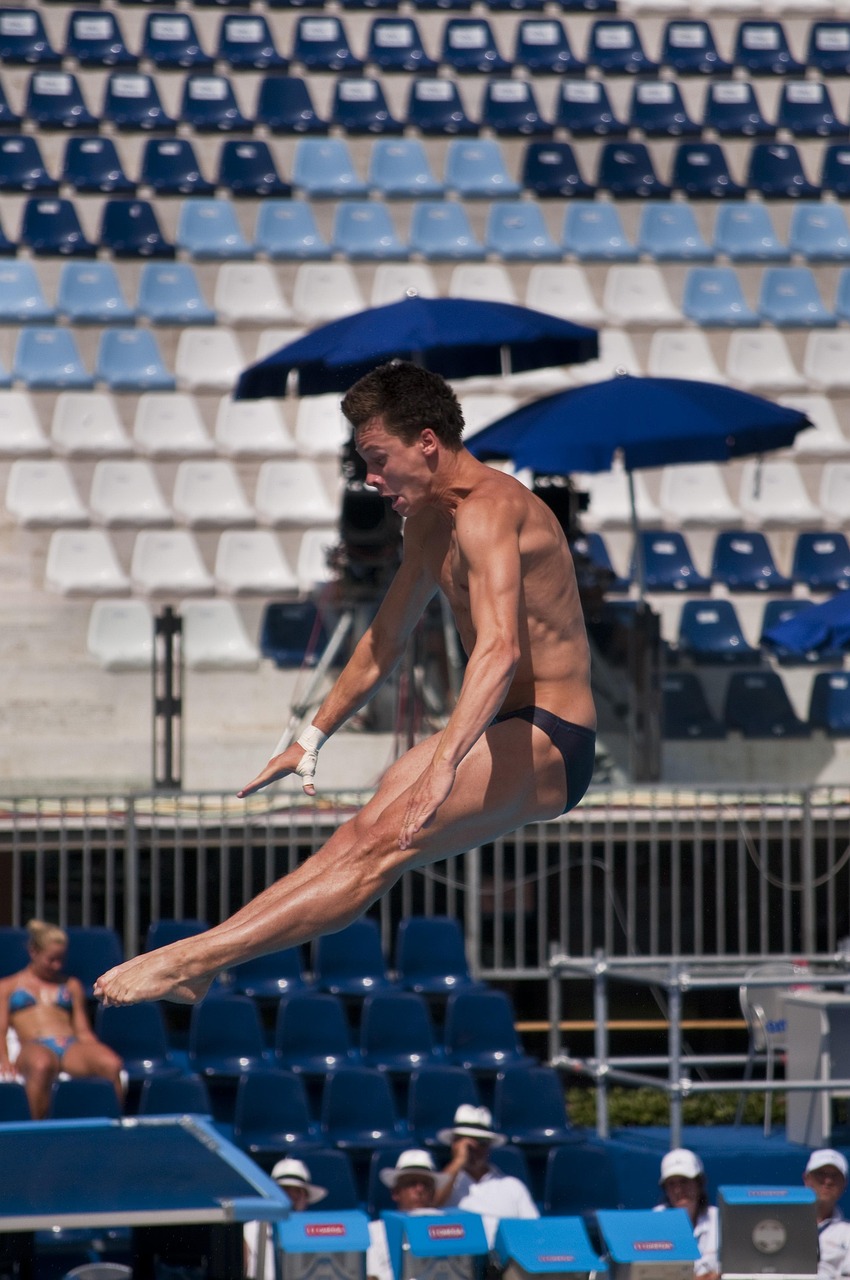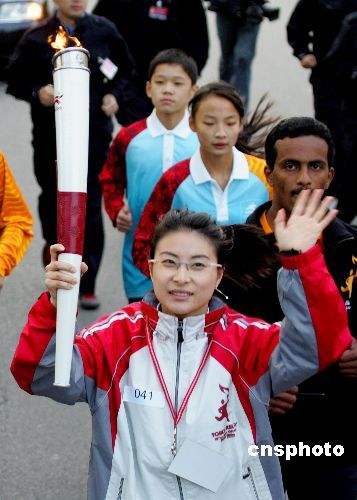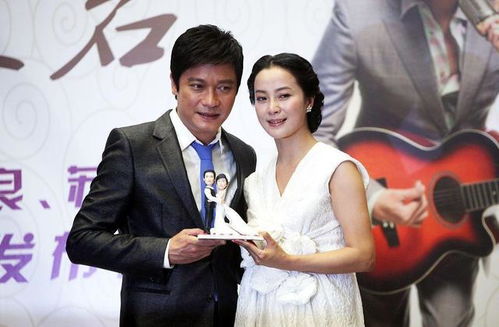巴黎vs皇马海报
El Clásico: Real Madrid vs Barcelona
Introduction:
El Clásico, the renowned rivalry between Real Madrid and Barcelona, transcends mere football matches; it's a spectacle that captivates millions worldwide. From the passion of the fans to the skill of the players, each encounter is etched in the annals of football history. Let's delve into the significance of this clash and the dynamics surrounding it.
Historical Context:
The rivalry traces back to the early 20th century, fueled by political, cultural, and sporting differences between Spain's two largest cities. Real Madrid, representing the Spanish crown, and Barcelona, symbolizing Catalonia's identity, embody contrasting ideologies on and off the field. Over the years, their matches have mirrored the societal tensions, making it more than a game of football.
The Teams:
Real Madrid, known as the "Galácticos," boasts a starstudded lineup with a blend of seasoned veterans and emerging talents. Led by their captain and talisman, they exhibit flair, finesse, and a relentless pursuit of victory. Meanwhile, Barcelona, with its emphasis on youth development and tikitaka style of play, presents a formidable challenge. The rivalry between Lionel Messi and Real Madrid's top scorers adds an extra layer of excitement to the fixture.
Tactical Analysis:
Tactically, both teams bring distinct approaches to the pitch. Real Madrid often relies on counterattacks, exploiting the speed and skill of their forwards to break down opposition defenses. Barcelona, on the other hand, favors possessionbased football, dominating the midfield to dictate the tempo of the game. Each manager strategizes meticulously, aware of the stakes involved beyond three points.
Key Players to Watch:
For Real Madrid, eyes are on their marquee signings and homegrown talents alike. The likes of Karim Benzema, Vinícius Júnior, and their defensive stalwarts hold the key to unlocking Barcelona's defense. Barcelona, spearheaded by Lionel Messi, looks to exploit any defensive lapses while relying on their emerging stars to make decisive contributions.
OffField Drama:

Beyond the pitch, the rivalry extends to boardrooms, transfer markets, and even social media. The constant tugofwar for supremacy transcends footballing realms, with each club vying for commercial success, global recognition, and bragging rights. The anticipation surrounding El Clásico often eclipses other fixtures, making it a spectacle like no other.
Fan Culture:
The fervor of the fans amplifies the intensity of El Clásico. From the Bernabéu to Camp Nou, supporters clad in their team colors create an electrifying atmosphere, chanting anthems and waving banners. The match becomes a stage for the fans to showcase their unwavering loyalty and passion for their respective clubs.
Conclusion:
In essence, El Clásico transcends the boundaries of sport, embodying the essence of Spanish culture, identity, and history. Beyond the ninety minutes on the pitch, it symbolizes a clash of ideologies, a testament to the enduring legacy of two footballing giants. As the world watches with bated breath, one thing remains certain: El Clásico will continue to enthrall and inspire generations to come.
体育资讯
MORE>-
02-23DeepSeek,探索你的安全感,究竟需要多少钱?
-
02-23雄鹿与凯尔特人的对决,篮球赛场上的传奇对决与智慧较量
-
02-23德甲球队之间的微妙平衡,竞技、友谊与合作关系的交织
-
02-23乌克兰稀土真相揭秘,探寻资源背后的真相
-
02-23揭秘全明星名人赛,一场星光熠熠的体育与娱乐盛宴
-
02-23浙江人家中的温馨雪人梦
-
02-23足球世界的奇遇,乌拉圭与加纳——碰撞中的荣耀与挑战
-
02-23东亚杯上的足球较量,中澳对决,技术与意志的较量
-
02-23菲尔普斯的泳池传奇,探索蝶泳的魔法与技巧
-
02-23揭秘欧洲篮球瑰宝,比利时女篮——坚韧与荣耀的完美结合
-
02-23火箭22连胜,火箭队的超级马拉松与篮球界的新里程碑
-
02-23难哄中的性骚扰不该成为流量密码
-
02-23人与10辽足,足球魅力下的社区融合与传承
-
02-22揭秘U22亚洲杯,足球版的青春风暴,未来之星的磨砺场
-
02-22揭秘德甲赛场,那些熠熠生辉的球队与他们的传奇故事
- 搜索
- 最近发表
-
- 从舞台到现实,一位勇敢的女士在角色扮演中的故事与启示
- 提升自我,深度解析单节37分背后的教育启示
- DeepSeek,探索你的安全感,究竟需要多少钱?
- 音乐双子星,张玉宁与曲乐恒,点亮足球场上的音符魔力
- 痛失巨匠,修波专家不幸辞世,交通安全的警钟长鸣
- 霍华德,篮球殿堂的盖帽大师——揭秘他的十佳时刻
- 两岁男童托育园午睡时身亡,死因公布引发的社会反思
- 揭秘乒乓球世界排名,策略与技巧的深度解析
- 王一博,热烈人生的不断超越与闪耀第一的光芒
- 回溯篮球之巅,2012年NBA总决赛的激情与荣耀
- 警惕无声的健康杀手,癌症的早期预防与发现
- 雄鹿与凯尔特人的对决,篮球赛场上的传奇对决与智慧较量
- 特朗普撤换美军最高将领,决策背后的战略考量与影响
- 德甲球队之间的微妙平衡,竞技、友谊与合作关系的交织
- 替身女演员受伤,漂白剧组深表歉意
- 深度解析,新浪NBA中文网——篮球爱好者的全方位资讯宝库
- 悲剧交织,美女网红英勇救人后溺亡,母亲不幸遭遇车祸
- 全球视野下的足球风暴,国际搜狐体育带你揭秘世界足坛的风云变幻
- 乌克兰稀土真相揭秘,探寻资源背后的真相
- 揭秘全明星名人赛,一场星光熠熠的体育与娱乐盛宴





